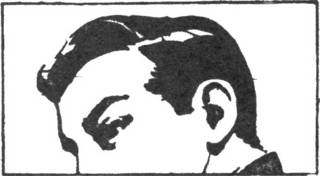A couple of columns ago I used the typically Indian phrase 'with folded hands', a gesture implying, among many other things, entreaty or surrender. A reader has pointed out that while the phrase is, indeed, in common use, it represents an anatomical impossibility much more so than that suggested by the other choice Indian Englishism: my head is eating circles (a direct translation from the Hindustani 'Mera sir chakkar kha raha hai').
Victoria Livingstone writes about the ever-more-pressing issue of using
machine-translated texts to save money: I lived in Latin America for
several years ...

3 comments:
"Folded hands" is not an Indianism. Not in the slightest. A little googling will reveal that.
You should post more often! I like this blog's premise.
My apologies, I should have qualified my statement. "Folded hands' is a standard English phrase but possibly an Indianism when used as an idiomatic expression for entreaty. Usage in IE is often as a cliche no stronger than 'it is my humble request'. For instance, a few days ago I saw a judge on TV asking the media 'with folded hands' to report cases fairly, but his tone did not suggest in the least that he was pleading with them. Also note the usage in this Zee TV headline: Taslima should apologise with folded hands to Muslims.
I tried an Image Search for the phrase, which yielded images where the hands are folded on each other in the pose adopted for prayer in the west, as well as Indian images which are closer to a namaste with joined palms. I suspect that Indians use 'folded hands' inaccurately for the namaste (you can also welcome someone with 'folded hands'), the Jug Suraiya article sems to be dealing with this usage, rather than the western sense.
These are unverified assumptions, so do let me know if I'm wrong.
I should add that Indian usage transfers the sense of idiomatic Hindi expressions like हाथ जोड़ के माफ़ी माँगना/ विनति करना to English
Post a Comment